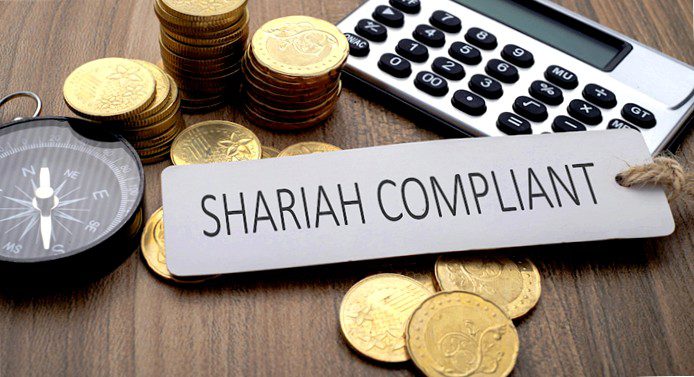
Islamic finance is defined as a banking or financing activity that is in accordance with the Shariah, its interpretation and practical application through the development of Islamic economics. Felice Giuggioli provides insight into Sharia-compliant investing in Reyl Market Insight.
The Sharia-compliant investor seeks only an "acceptable" loan Profit. The reason Islam governs every aspect of a Muslim's life, even those aspects that a non-Muslim would consider outside the scope of the religion, lies in the word "Islam" itself, which literally means submission, submission to the will of Allah. Profit is acceptable only if its creation respects the rules of Sharia law, which are based on the protection and preservation of religion (faith), life, sanity, property and possessions (wealth).
This is the background that sheds light on the concept of Islamic finance, an approach based on the main prohibitions in Islam, which rests on four pillars: Riba (prohibition of interest), Gharar (prohibition of excessive insecurity), Maysir (prohibition of gambling) and Haram (prohibition of investment in prohibited activities such as gambling and commodities such as alcohol and pork etc.).
The Islamic finance industry
"The Islamic finance industry has grown rapidly in recent years, evolving from a niche market to an influential segment in the global financial landscape. The growth of the sector has been fueled by the growing Muslim population and increasing ethical credibility after the 2008 financial crisis", Says Felice Giuggioli, Solution Center – Senior Advisor at Reyl.
As he further explains. the Islamic finance industry recorded an average annual growth rate of 9.4% during 2014-2020, with peak growth rates of 14% and 15% in 2019 and. 2020. The overall size of the Islamic finance market can be easily estimated by looking at the components of the Islamic finance industry, he said:
- 1,595 Islamic financial institutions
- 1,008 Islamic finance education providers
- 1'235 Shariah scholars
- 844 Islamic finance events
- 47 regulations
- 2,878 Research work on Islamic finance
- 128 ESG/CSR USD bin disbursed
- 11'856 News on Islamic finance
The global market for Islamic finance remains largely concentrated in Iran, Saudi Arabia and Malaysia, which together accounted for 71.7% of total assets in 2020.
Islamic banking has increased its presence in many member countries of the International Monetary Fund (IMF) and has become systematically important in Asia and the Middle East. Compared to other Islamic products, Islamic banking accounts for 70% of the market share. Similarly, the expanding global sukuk market is supported by the worldwide networking of issuers and investors.
Islamic sustainable finance
"The Quranic concept of fealty over the earth, which emphasizes humanity's responsibility for the earth's resources and the preservation of prosperity, aligns well with the principles of sustainability, which advocate that companies have a positive impact on the environment, economy and society", says Giuggioli.
Sukuk in renewable energy and other environmentally friendly assets amounted to an issuance volume of 5.5 billion. USD in 2020 and to an additional 7 billion. USD by September 2021 – a boom in the near future, according to the expert.
In line with this growing trend, Reyl has been active in sustainable Shariah-compliant investing since 2020, arranging and structuring green Shariah-compliant investments, he said. "This also applies to the Premium Alziraea Fund (Prestige Group), launched in 2022, and the Asteria Planet Shariah Fund, a joint development of Reyl and Asteria, its impact investing subsidiary", Giuggioli says.